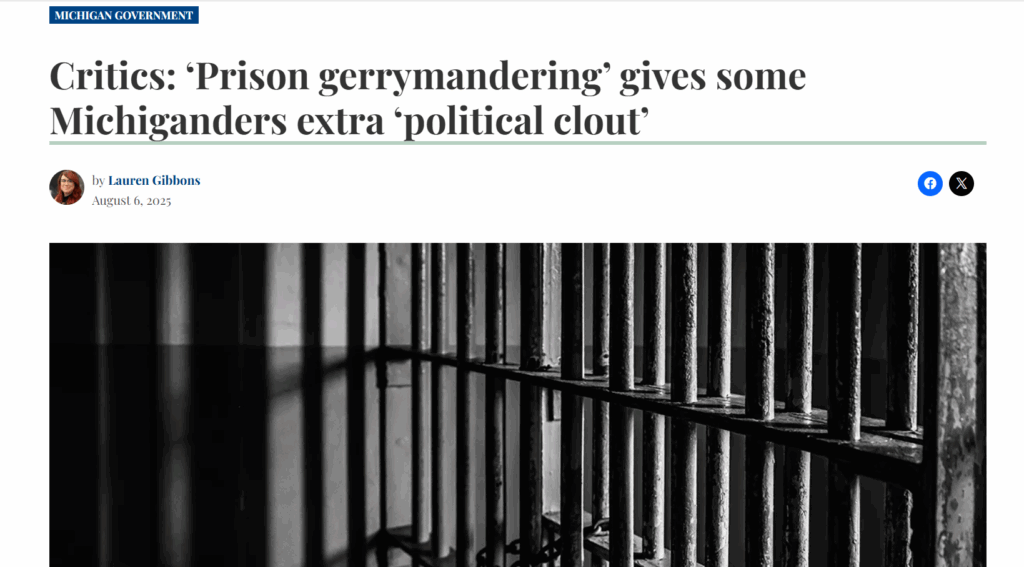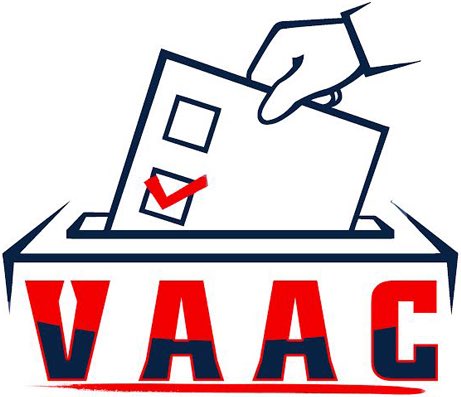How counting incarcerated people in prison districts shifts political power
In Michigan, thousands of incarcerated people are counted in the population of the communities where they’re imprisoned—not where they actually live and will return after release. This practice, called prison gerrymandering, gives extra political clout to districts that host prisons while reducing representation for the home communities of incarcerated individuals.
The result? A skewed democracy that deepens inequities for justice-impacted populations. These communities lose political voice, while prison towns gain influence from residents who can’t vote.
Voting Access for All and statewide advocates argue that ending prison gerrymandering is a necessary step toward fair representation and a truly inclusive democracy.
Read Bridge Michigan’s full report on prison gerrymandering to learn more about the scope of the problem—and why reform matters now.


Leave a Reply